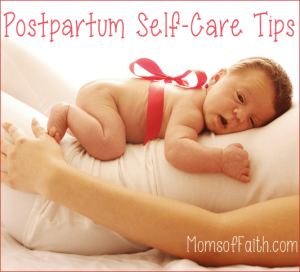Pregnancy and Prenatal Care: What to Expect
Pregnancy is an incredible journey that brings joy and excitement to many women and their families. It is a time of significant physical and emotional changes, and proper prenatal care is crucial for the health and well-being of both the mother and the baby. In this article, we will explore what to expect during pregnancy and the importance of receiving adequate prenatal care.
First Trimester: The Beginning
The first trimester spans from week 1 to week 12 of pregnancy. During this time, hormonal changes may cause various symptoms such as fatigue, nausea (morning sickness), breast tenderness, and frequent urination. It is essential to visit a healthcare provider to confirm the pregnancy and establish a prenatal care plan. The doctor will likely perform a physical examination, order blood tests, and discuss important lifestyle changes, such as a balanced diet and avoiding harmful substances like alcohol and tobacco.
Second Trimester: Blossoming Bump
The second trimester, from week 13 to week 28, is generally considered the most comfortable period of pregnancy. Many women experience a decrease in nausea while enjoying increased energy levels. The baby’s movements become more noticeable, and the belly starts to grow. Routine prenatal visits become more frequent, allowing healthcare providers to monitor the baby’s growth and development, check the mother’s blood pressure, and perform routine tests like an ultrasound to assess the baby’s development and gender, if desired.
Third Trimester: Nearing the Finish Line
From week 29 until birth, the third trimester brings both excitement and anticipation. As the baby grows, the mother may experience discomfort due to weight gain, backaches, and swollen ankles. Frequent bathroom trips due to increased pressure on the bladder are common. Prenatal visits become even more frequent to closely monitor the progress, position, and growth of the baby. The healthcare provider may discuss signs of labor, breastfeeding, and the importance of fetal movement during this stage.
Preparing for Labor
As the due date approaches, it’s essential to be mentally and physically prepared for labor and delivery. Attending childbirth classes can provide valuable information about pain management techniques, breathing exercises, and the stages of labor. Creating a birth plan in consultation with the healthcare provider allows the mother to communicate her preferences and expectations during the birthing process. Preparing a hospital bag with essentials for both the mother and the baby is recommended.
Postnatal Care: Caring for Mom and Baby
After the joyous arrival of the baby, postnatal care becomes vital. The healthcare provider will schedule regular check-ups to monitor the mother’s physical recovery, emotional well-being, and offer guidance on breastfeeding, postpartum depression, and contraception. It is important to establish a routine for the baby’s healthcare, including well-baby visits, vaccinations, and growth assessments, to ensure their healthy development.
Conclusion
Pregnancy and prenatal care are transformative experiences that require attention and support. Regular prenatal visits and open communication with healthcare providers are integral to a healthy pregnancy. Remember, every pregnancy is unique, so it’s essential to consult with a healthcare provider throughout the journey to ensure the well-being of both the mother and the baby.


